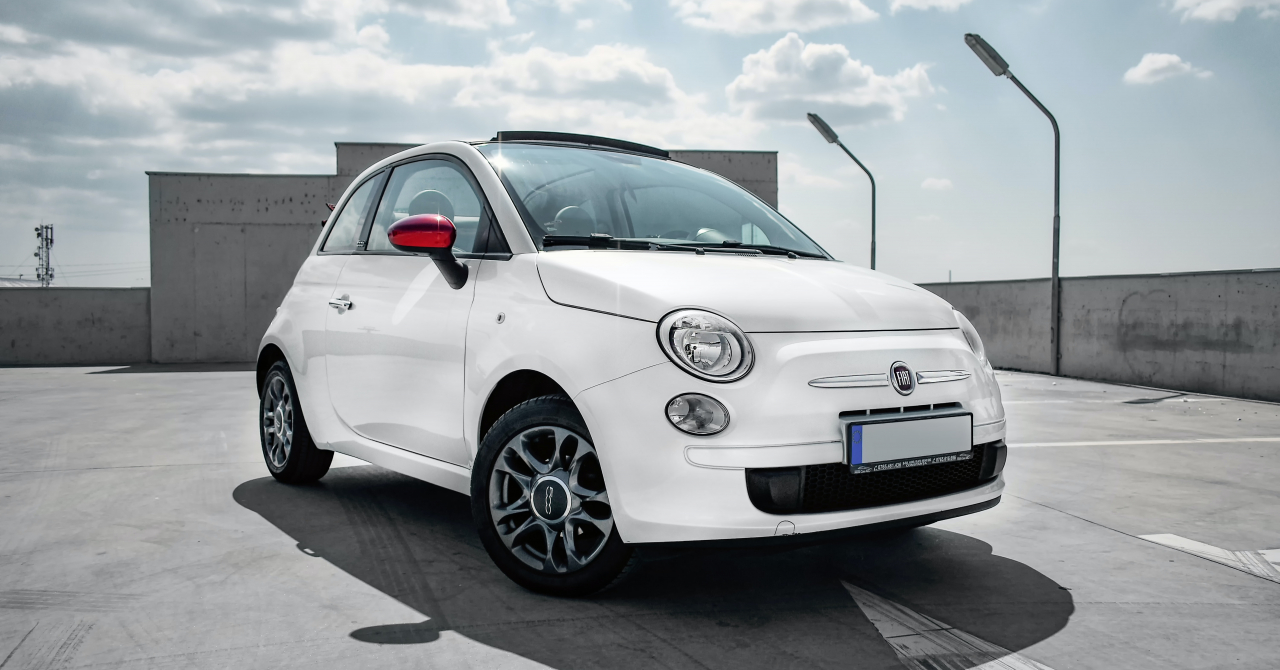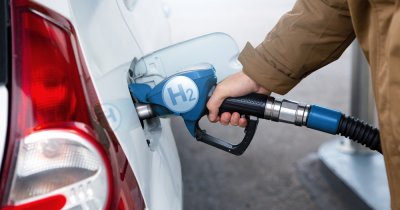According to Electrive, the company's own figures places it second in the EU30 market for EVs and low-emission vehicles (LEVs), including hybrids.
The gap between Stellantis and the unnamed leader is supposed to be less than 1.000 cars, according to company numbers.
The group now offers 20 full EVs among its companies and aims to release 28 more by 2024 in its effort to decarbonize its line-ups of cars.
Stellantis CEO Carlos Tavares said that "in a demanding global context, we continue to ‘Dare Forward’, delivering an outstanding performance and executing our bold electrification strategy. Together with our employees and our innovative partners, we are shaping Stellantis into a sustainable mobility tech company that’s fit for the future."
The best-selling EVs for the European market were the Fiat 500 electric in Germany and Italy and the Peugeot e-208 in France.
The company also confirmed the development of five battery gigafactories, three of which will be based in Europe and two in the North America.
Stellantis will work with Automotive Cells Company, the special joint venture that it made with Toyota and Mercedes-Benz, with Samsung SDI and LG Energy Solution for the development of energy technologies for EVs.
 Mihai - Cristian Ioniță
Mihai - Cristian Ioniță












Any thoughts?